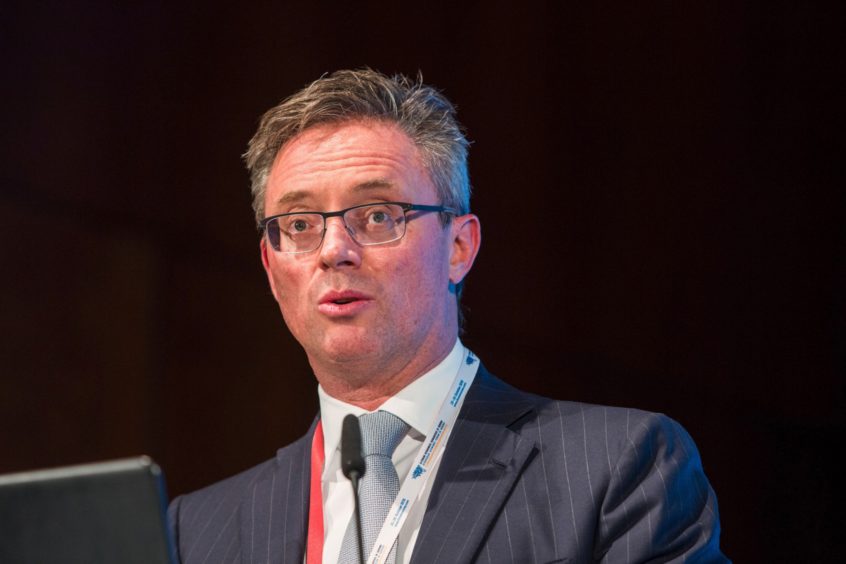
Commodity trading giant Trafigura Group paid $5.9 billion in annual dividends to its employee shareholders, more than triple a year earlier, after churning out another record profit in the 12 months through September.
The soaring dividend — Trafigura’s biggest ever — is the latest proof of how the world’s largely privately owned commodity trading houses have continued to reap huge rewards from the market volatility triggered by Russia’s war in Ukraine. At Trafigura, the payout is shared among about 1,200 top traders and executives who own the company, which means they would each receive an average of nearly $5 million each.
The results mark the third straight year of record profit for Trafigura, but cap a turbulent 12 months for the commodity giant. The company reorganized its top management in September and is still wading through the fallout of a massive alleged nickel fraud against it. The pressure ratcheted up further this week after Switzerland’s top prosecutor charged Trafigura over allegations of bribery in Angola, and the company also revealed a US Department of Justice investigation into “improper payments” allegedly made in Brazil.
Trafigura’s annual profit rose 5% to $7.4 billion, largely driven by surging earnings from its energy divisions. Still, the figure was heavily weighted to the first six months of the financial year, and the company indicated the blowout results may not be repeated as it sees “more normalized” conditions from the second half persisting.
“There were obviously exceptional market circumstances, notably around the electricity and gas complex in Europe,” Chief Financial Officer Christophe Salmon said in a video accompanying the results. “Over the second half of the year the market conditions have normalized, all the disruptions related to the Russia and Ukraine war on oil and gas have been digested by the supply chains.”
Operating profit before depreciation and amortization for Trafigura’s energy division rose 10% to to $11.1 billion. Earnings from the metals unit fell 15%, after the company booked a $578 million writedown as a result of the alleged nickel fraud. Trafigura said it had “made a number of improvements to processes and controls following an internal review.”
It also recorded impairments of $257 million on its zinc and lead producing operations in Australia and the US, as well $126 million on its Puma Energy business.
Chief Executive Officer Jeremy Weir described the metals performance as a “robust,” and the company noted that the unit’s profits would have been above the previous three-year average without the nickel loss.
Trafigura’s effective tax rate dropped to just 8%, from 12% a year earlier, which Salmon said reflected “a one-off benefit from the recognition of historic tax losses and higher earnings in lower taxation jurisdictions.”
The company’s total credit lines rose slightly to $75 billion, from about 150 banks.
Trafigura reiterated comments from earlier this week that it expects to resolve the DOJ case “shortly” and has made a $127 million provision in its 2023 financial year accounts. The company intends to defend itself against the Swiss allegations in court.
Recommended for you
